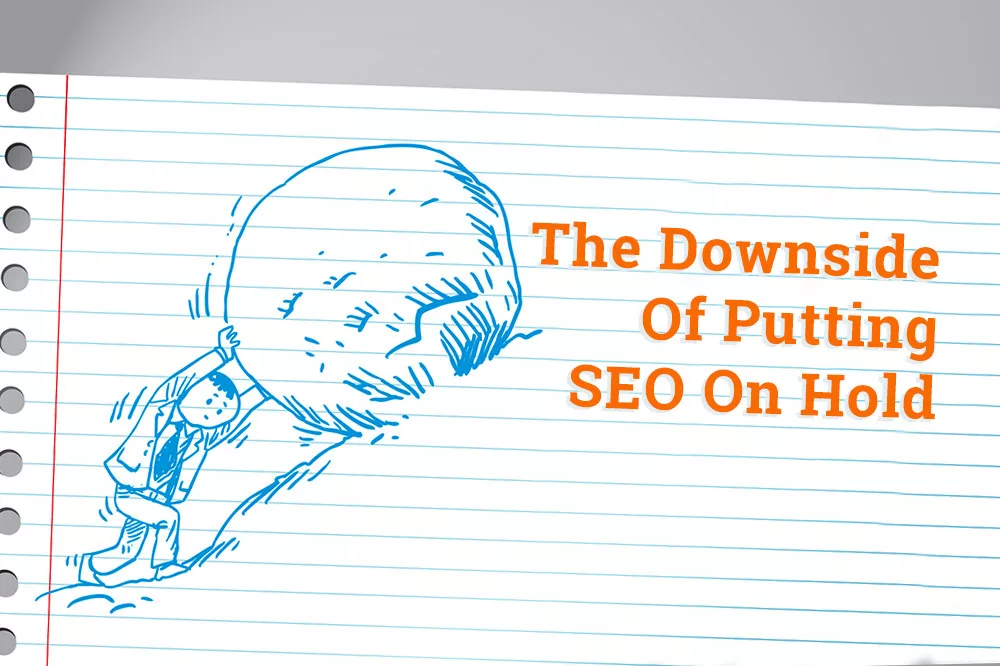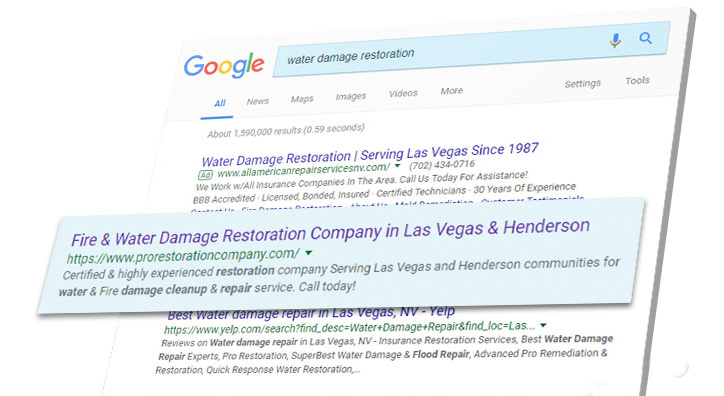SEO is like the boulder rolling down a cliff – it only knows how to gain more and more momentum.
Many business owners that aren’t as tech-savvy might think of SEO as a simple plug and play strategy. We’re here to let you know that it’s not.
The consequences of stopping SEO might not be noticed immediately, but the drop in traffic, ranking, and revenue is inevitable.
Some business owners may ask, “I’ve been investing in SEO for a year, can I put a stop to it now or maybe pause it?”
“Stopping advertising to save money is like stopping your clock to save time.” – Henry Ford.
Well, we don’t recommend stopping or pausing your SEO efforts at any time. That’s because SEO is not a plug and play tool.
In this post, we’re going to lay out the results of what happens when you stop SEO work and how exactly that happens.
Stopping Your Website SEO Effort Will Result In A Ranking & Traffic Decline
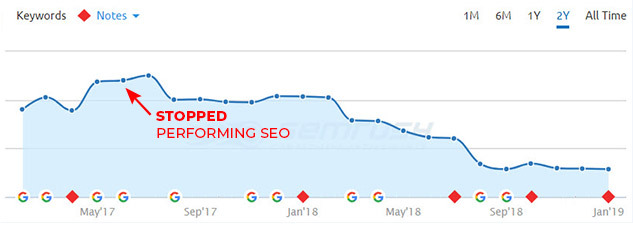
It’s inevitable. Once you stop optimizing your website and turning out fresh content, Google among other search engines will understand that you’ve abandoned your website. The ultimate result is your rankings will begin to decline.
“So HOW does that happen?” you may ask. Continue reading as we list off some of Google’s ranking factors, how it understands that you’ve abandoned your website, and how that ultimately results in your rankings declining.
1. Lack Of New Content
Google loves seeing fresh, new content updated on your website consistently. It’s one of the major factors to having a healthy website that ranks well for the proper keywords.

The moment you stop SEO work is the moment your website will stop having new content.
Eventually, Google will stop crawling your site and will now shift its focus to other websites, such as your competitors, that are still updating and publishing new content on blogs to gain more rankings and traffic.
Now, all the great rankings you were getting before for keywords related to your business will start to suffer and your competitors will begin reaping the benefits.
A secondary negative that will occur once you stop publishing new content is the lack of sharing your website receives on various social media outlets. When the link to your website gets shared on social platforms that sends a signal to search engines that this is a good piece of content.
The bottom line is that fresh, new content plays a vital role in keeping your rankings high.
2. Rise In Technical Issues
Most websites have at least some technical issues on the backend that consistently need to be monitored. It’s simply the nature of the SEO game.
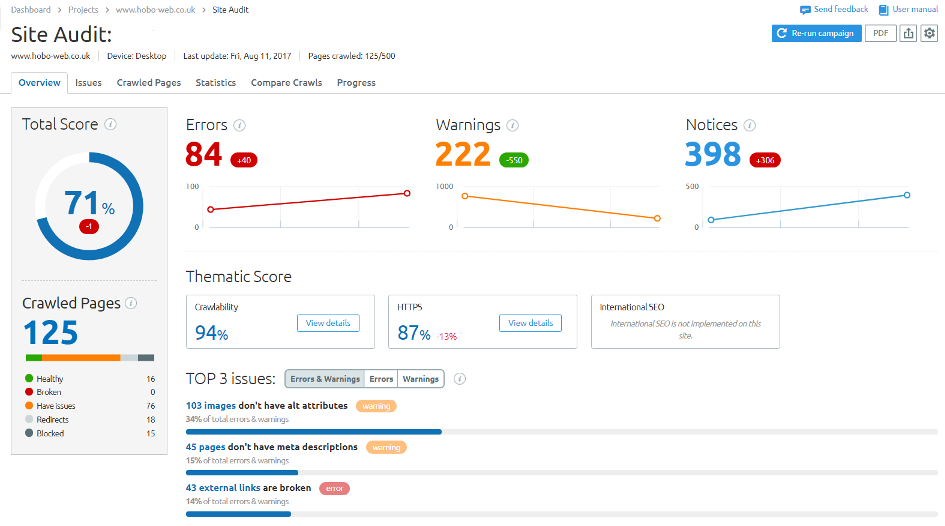
Unfortunately, not every business owner understands the technical aspects that go on in the background.
And we don’t blame them. That’s our job to try and educate them on it.
There are constant changes that need to be made on the backend of your business website and if someone stops performing SEO work for you then those begin to pile up and hurt your website.
It’s the equivalent of hearing a noise in your car but ignoring it instead of taking it to the mechanic shop. Eventually, the car will begin to breakdown and suffer.
Some of the technical issues your website might run into are out-of-date plugins, duplicate content, crawling, and sitemap issues. All of these play a major role in your website’s health and how search engines view your website. Maintaining your website’s health is a crucial factor in Google ranking.
3. Outdated Content

Google recommends website owners to keep updating their content to provide more value over time.
This is mainly because refreshing the content on a page will help drive 20-30% more traffic to the website, sometimes even higher.
If you stop updating content on your website, Google will regard your content as obsolete and you might start experiencing a drop in your rankings.
But it’s not just the technical end of this. There is also human behavior accounted in this as well.
How many times have you gone to a webpage only to see that the content is very outdated?
It happens all the time, right? And what is the first thing you do? Click the back button and immediately bounce out of the website.
That sends a signal to Google that your content wasn’t good enough and this affects what we call your bounce rate. Once you start having a higher bounce rate Google will start lowering your rankings for that search term.
Do you see how easily this can spiral out of control by not doing regular updates? It’s not just about publishing NEW content, it’s about updating the current content, too.
So, how exactly can you update the content on your website? You can add more value to the content by adding FAQs, links to other valuable content, update with new facts, update the dates, add schema, or even try changing the page’s theme.
Stopping these simple updates can drastically drop your rankings and affect your website’s overall reputation in the mind of potential customers.
4. New Web Pages
The structure and design of your web pages need to be changed from time to time.
How users search for your product or service continues to evolve and that means adding new pages related to that keyword or restructuring and reorganizing your website is a necessity.
Take for example an event venue. One highly ranked search term in this industry is “wedding venue.” From the beginning, your website likely has a page dedicated to this.
But what if your venue has two ballrooms, one of them being a smaller and more intimate room. Now all of a sudden the search term “small wedding venue” or “intimate wedding venue” starts becoming more popular.
Ideally, you’d create a page for this showing off the smaller ballroom you have. But if you stop SEO work you won’t be able to take advantage of this new keyword while your competitors will.
The moment you stop targeting new terms and building new pages, you will start losing the keyword growth momentum. You will lose a competitive advantage.
5. Increase Of Broken Links
One of the website ranking factors is having proper linking on your website either to other internal pages or to other valuable websites. While it used to have more significance, it still is an important factor that needs to be worked on and monitored.
Over time some of these links can become “broken”, meaning when a user clicks them, they don’t get sent to the right destination and instead see an error.
Sometimes the link you are sending them to might have been deleted, there has been a change in the URL, or perhaps that external website isn’t functioning anymore.
While you cannot control what happens to the content outside of your website, you will have zero excuses to make when an internal link shows up with a 404 error.
Google wants its users to have the best possible experience with each search. Now tell us why Google would favor your website over a competitor’s when your site has many broken links?
The answer is they wouldn’t.
Maintaining the links on your site not only sends a good signal to Google, but it also offers your website visitors a good experience which can allow them to stay longer on your site and improve your rankings.
6. Monitoring Of Duplicate Content
What is duplicate content you ask?
Duplicate content is exactly what it sounds like. It’s content that has been stolen and used on other websites without any significant change.
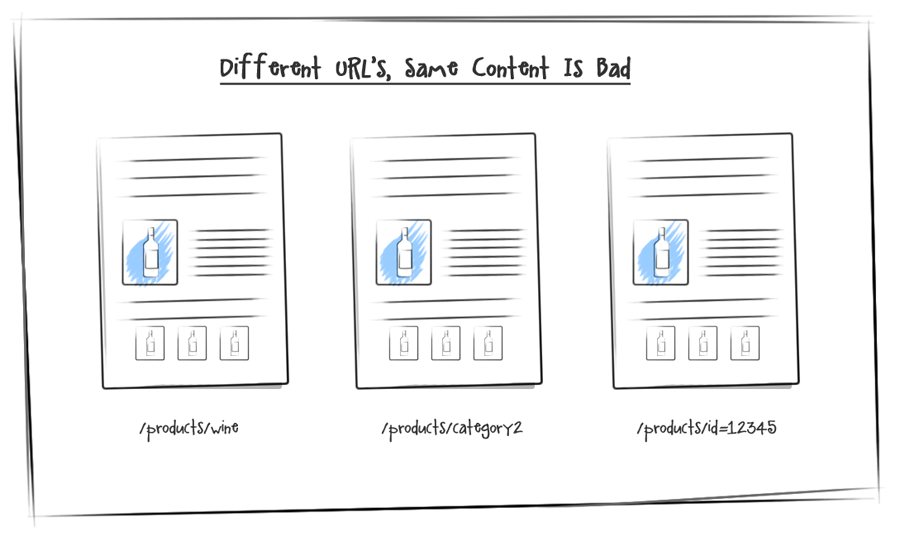
Take a chunk of content from one of your webpages and do a search with it. If you see other websites showing up with that same content you know they’ve taken it.
And it’s not just the actual content, it can be whole pages, too!
This can have a negative effect on your website and ultimately affect your rankings down the line.
7. Keeping Up With Google Algorithm Updates
As we mentioned earlier, SEO is a marketing strategy that keeps evolving.
Your digital marketing team needs to be up-to-date on the latest algorithm updates to ensure your rankings don’t drastically drop.
As part of continuously improving their customer experience, Google frequently makes algorithm updates. Some are major while others can be minor tweaks.
Not staying current with these updates can cause your website to drastically drop in rankings.

Think of it as a car manufacturer not adapting to newly imposed regulations. If they don’t adapt they will be penalized and their sales will plummet and they will soon be obsolete.
The same goes for your website not adapting to the changes to the algorithm.
Therefore, thinking about stopping SEO is a bad idea. With SEO, your website will also evolve in how it looks and functions.
8. Monitoring Website Speed & Performance
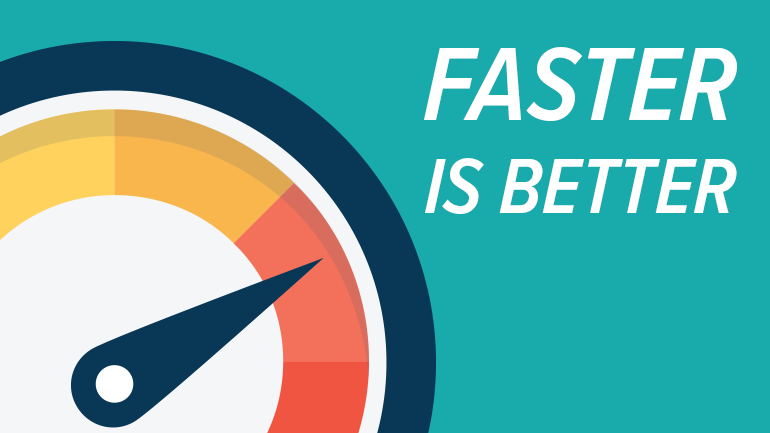
Have you ever clicked a link for a website, waited about 5 seconds for it to load, and simply clicked the “back” button because it didn’t load?
The answer is almost assuredly, “yes.” The same goes for the customers you’re trying to get.
Website speed is a major factor in helping your website rank properly because of how it affects the user experience. Users don’t want to wait forever for your page to load and instead will just leave your site.
Your website needs to be optimized for speed from time to time to ensure that users are getting the best experience possible.
When you leave your site dormant and don’t make the necessary changes to help with the speed your rankings will begin to suffer while your competitors begin to rise.
9. Lack Of Gaining Quality Backlinks
One of the ways that your website builds authority and a good “online reputation” is by having other websites in relevant industries link to your site.

When you publish a piece of great content other websites will typically link to your website which is both beneficial to you and them.
While this factor doesn’t have as much weight as it used to, it still is important to maintain.
If you stop your SEO service and stop producing new content, other sites will stop linking to your site and may even remove any older links to your site they originally had.
Over time this will begin to lower your website’s domain authority and give your site less credibility which leads to lower rankings.
Website Ranking & Traffic Decline Will Result In Fewer Leads & Sales.
So now that you’re aware of how your rankings will drop what does that all mean?
Well as a result of your website showing up lower and lower on the search results pages, you will begin to see significantly less traffic landing on your website.
According to Hubspot research, 75% of people never go past the first page of search results. Meaning once your rankings decline the overwhelming majority of your potential clients have a much smaller chance of getting to your website.
So you’ve got less traffic now, so what?
Less traffic means less potential inquiries and sales.
Think of a physical brick and mortar store. If the foot traffic begins to die down there are fewer sales to be made.
This is the exact same process for your website. Once it’s visibility begins to decline you will begin to see fewer sales.
The majority of our clients see approximately 50% of their leads and sales coming from organic traffic as a result of the SEO work that is done. Imagine what happens when that gets drastically cut? It isn’t pretty.
Even when someone does land on your website there is a certain perception that they make when they realize the website isn’t being kept up to date. They may begin to view your business negatively and decide to go with a competitor.
Gaining that reputation back can be more difficult and costly than before.
Wrapping Up
It’s important to understand that SEO is a strategy that is constantly changing and requires adaptation. Pausing or completely stopping SEO will put all the hard work and effort you did in jeopardy.
Think of SEO as buying up internet real estate. You work hard to start gaining ground but you need to consistently improve in order to maintain it. Stopping your SEO means you’ve stopped tending to your real estate allowing competitors to move in and take a hold of it.
We hope this piece of content brought great value to you. If you’re interested in SEO services for your business, contact us today.

